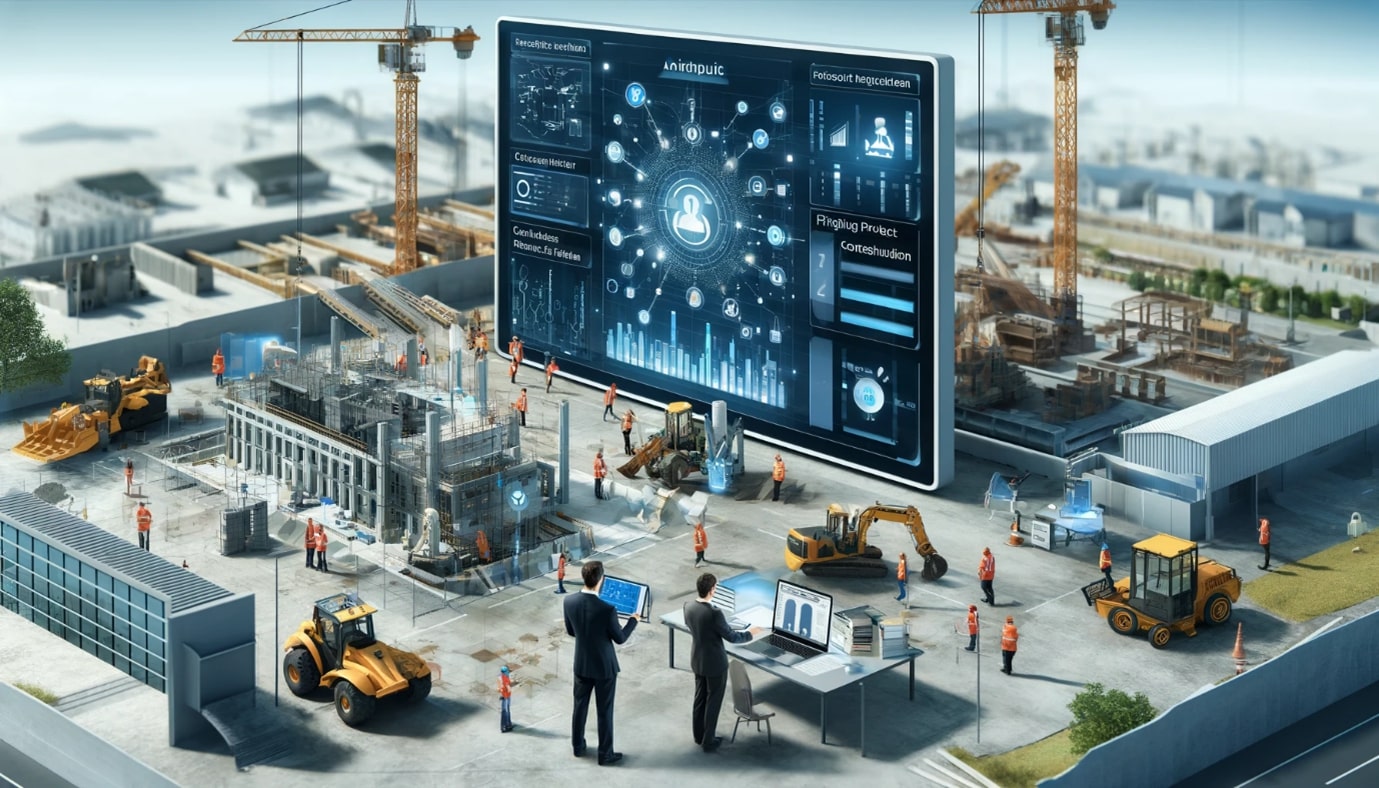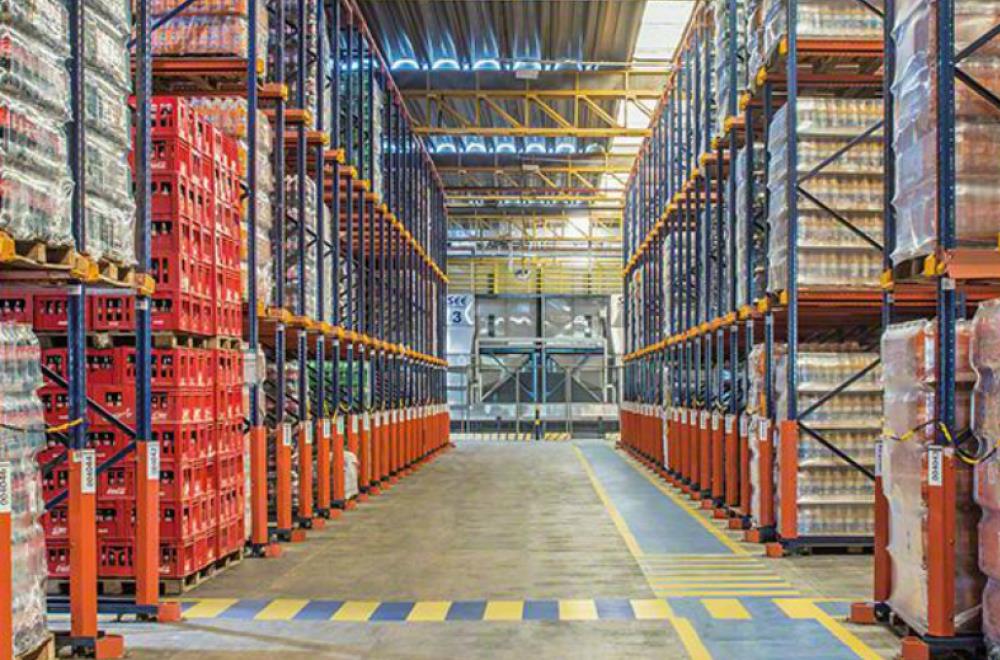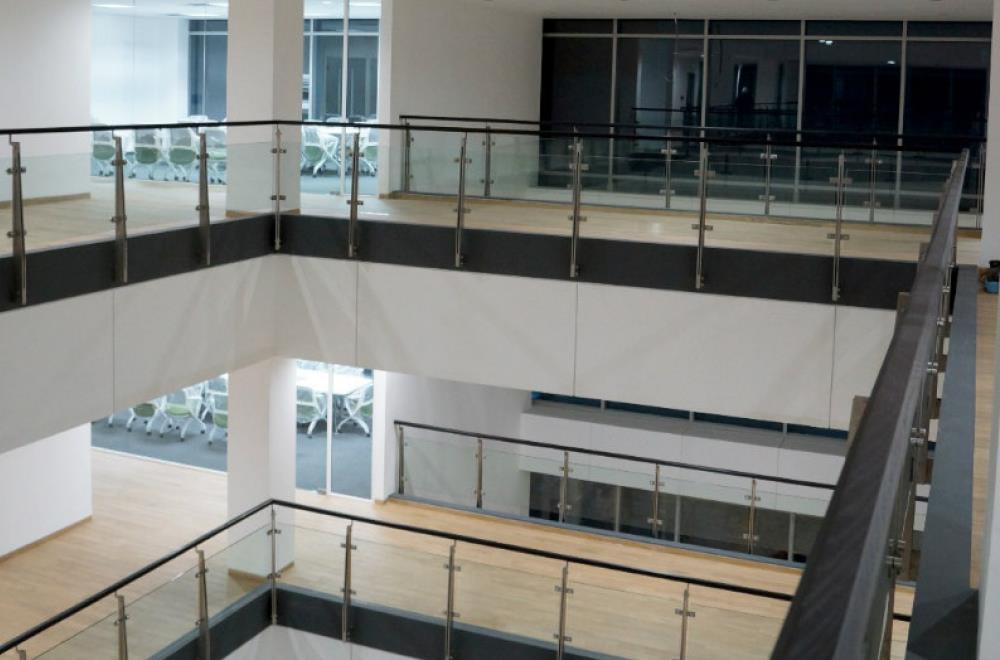
Artificial Intelligence (AI) is transforming industries globally, and construction project management is no exception. This blog post delves into the substantial impact of AI in streamlining planning, executing, and monitoring construction projects, significantly boosting efficiency, cutting costs, and enhancing project outcomes.
AI greatly enhances project planning efficiency in construction. Utilizing algorithms, AI analyzes past project data and current progress alongside myriad variables to fine-tune project schedules and resource distribution. AI-driven schedulers consider factors like weather, resource availability, and regulatory constraints to predict optimal project timelines, enhancing both the speed and accuracy of project planning.
In construction, risk management is crucial due to common issues like budget overruns and project delays. AI improves risk identification by analyzing data from previous projects and ongoing operations to predict potential disruptions or structural issues before they manifest. This proactive approach allows construction managers to address risks early, saving both time and money.
AI is instrumental in overcoming common cost overrun challenges in construction projects by providing accurate cost estimations and real-time expense tracking. Integrating historical and real-time data, AI systems forecast financial outcomes with high precision and notify managers of any potential deviations, facilitating timely corrective measures.
Effective resource allocation is critical for project success. AI enhances the efficiency of manpower, machinery, and material utilization. For instance, AI tools recommend the best worker deployment across tasks based on skill sets and project needs, and manage logistics to ensure timely availability of machinery and materials, minimizing downtime and waste.
AI significantly boosts quality control in construction by continuously monitoring work and ensuring compliance with standards. AI-powered visual recognition systems inspect work quality and identify any deviations from benchmarks in real-time, reducing the time and labor traditionally required for quality inspections.
AI fosters better communication and collaboration through centralized platforms that collate, analyze, and disseminate information. These platforms ensure smooth interactions among all stakeholders, including architects, engineers, contractors, and clients, translating technical data into actionable insights for informed decision-making.
As AI technology continues to evolve, its integration into construction project management is expected to deepen. Anticipated advancements include more sophisticated predictive analytics, autonomous equipment operations, and the integration of AI in robotic construction processes, promising to further transform project management practices in the industry.
The impact of Artificial Intelligence on construction project management is profound, enhancing operational efficiency, precision, and control. As the industry adopts more AI technologies, significant improvements in project outcomes and profitability are expected. The future of construction project management, powered by AI, appears promising, efficient, and dynamic.




